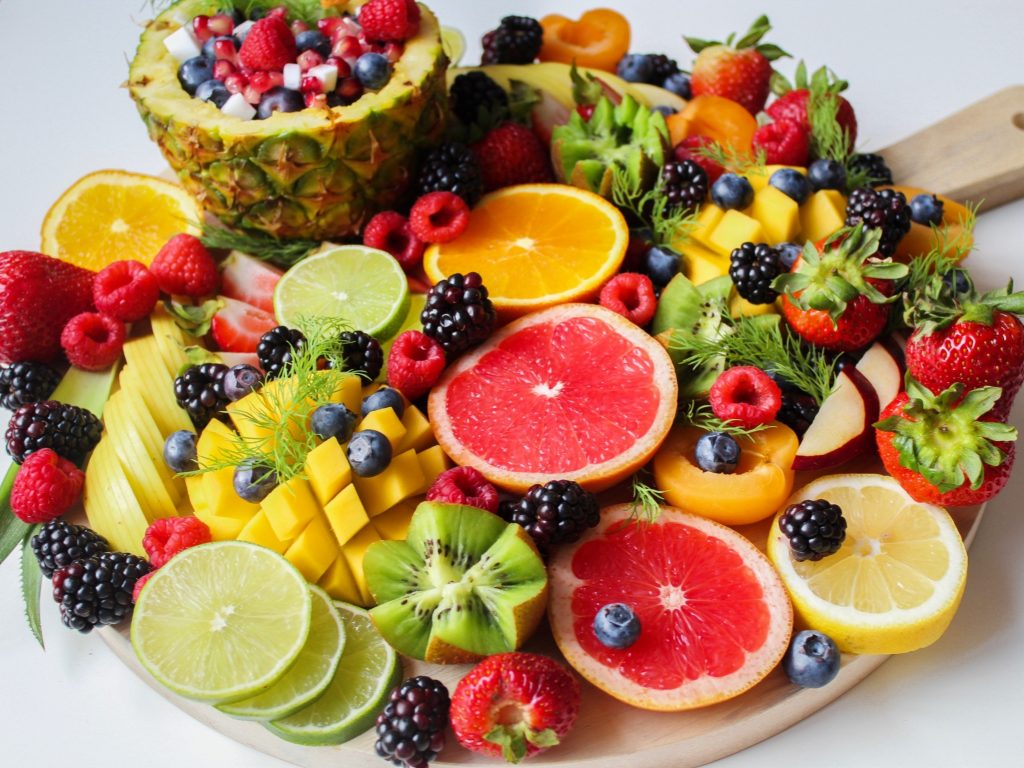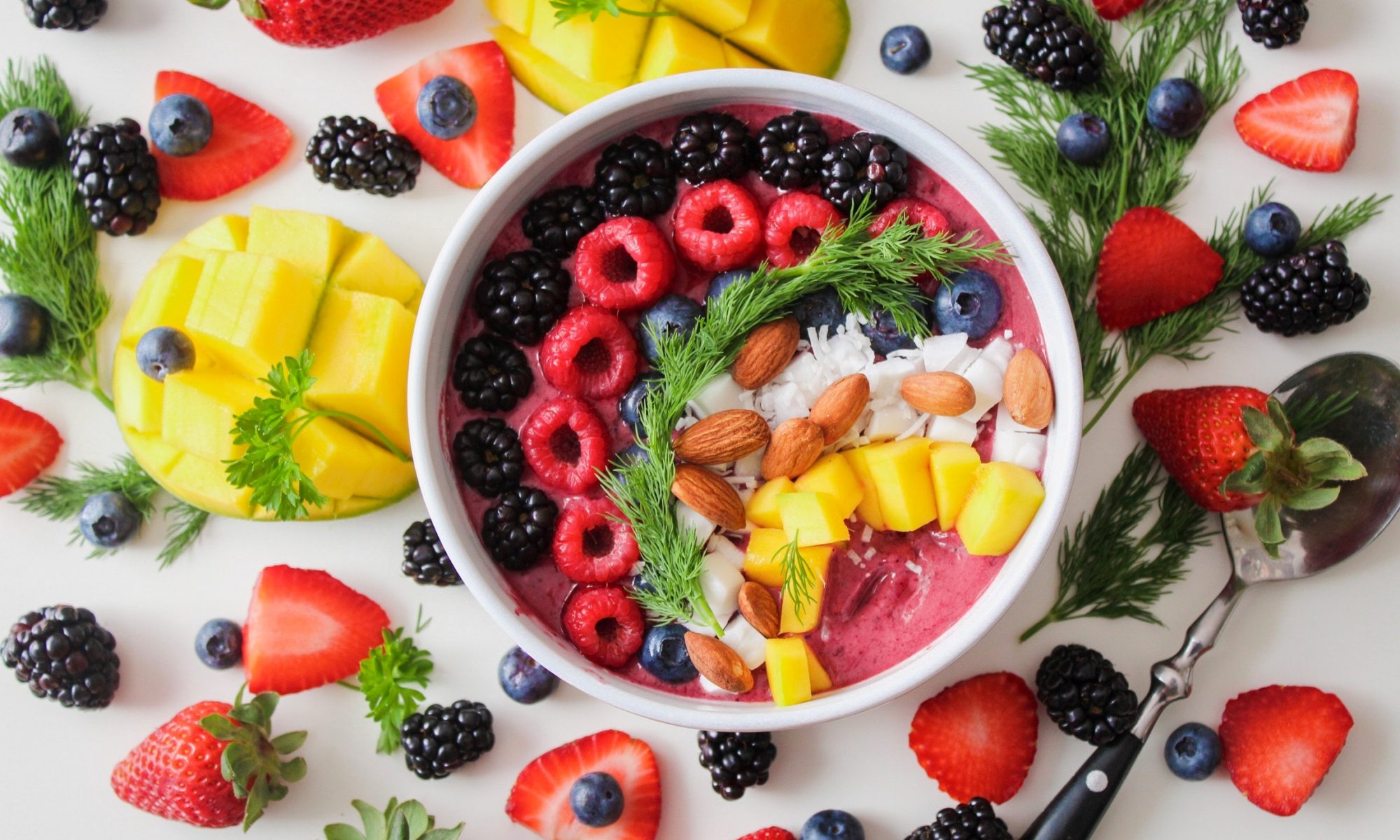In this week’s WimLearn, Alba G in Year 12 looks at the science behind antioxidants and whether they are all that marketers claim them to be.
A Marketing Dream
If you have ever found yourself walking down a food aisle, or flicking through a health magazine at the hairdressers, or stumbling across health and fitness media, you will have almost certainly come across boxes of, adverts for, or articles selling the virtue of antioxidants. They’re everywhere – the trendy health miracle.
You may be aware of antioxidant rich foods such as goji berries, citrus fruits, and even dark chocolate, branded clearly as ‘healthy’.

The media has become obsessed with grouping foods into ‘healthy’ or ‘unhealthy’, ‘good’ or bad’, ‘beneficial’ or ‘harmful’ categories. But how far is this scientifically accurate – are antioxidants really anti-aging, anti-inflammatory, do they protect against cancer, or are they a marketing con backed insufficiently with scientific research?
The benefits of antioxidants seem endless – I have already picked only a few ground-breaking claims. An article from ‘live science’ explains the science behind antioxidants with claims laced in terminology using words such as “research”, “free radicals” and “oxygen-reactive species,” to give their article more weight due to a scientific foundation, yet says ‘this article … is not meant to offer medical advice.’ So what is the science behind this media frenzy?
What are antioxidants?
To understand antioxidants, we first need to know about free radicals. Free radicals are highly unstable reactive atoms in your body as they have an unpaired electron. They are made by your body (e.g. when converting food to energy,) and you can also be exposed to them (e.g. cigarette smoke.) When reacting with each other they create a chain reaction, as they produce more free radicals. When they react they can cause cell deterioration, a process called ‘oxidative stress’, which can lead to cancer.
Antioxidants react with free radicals preventing further production of free radicals. Therefore, many concluded that antioxidants get rid of harmful chemicals in the body, so eating more antioxidants will increase this positive effect and further improve health.
What do scientists think?
Analysis by NCCIH (National Centre for Complementary and Integrative Health) says ‘most clinical studies of antioxidant supplements have not found them to provide substantial health benefits’, and that ‘the relationship between free radicals and health may be more complex than has previously been thought.’ Free radicals are not entirely bad – they help to destroy bacterial infections, so the media has potentially oversimplified the roles of free radicals and antioxidants.
Ben Goldacre claimed in his book ‘Bad Science’ that we should be ‘wary of blindly following hunches based on laboratory level and theoretical data’ after discussing a Cochrane review that found an ‘increase in risk of lung cancer in participants taking B-carotene and retinol together.’ Feedback mechanisms within the body complicate theory, which is why research trials are so important.
Why is there a gap between public understanding and science?
This research is not new – antioxidant benefits are highly contested, yet the ‘live science’ article I referred to was published recently, and antioxidants are still advertised very positively by many companies playing on public fear and paranoia of diseases such as cancer.
Corporations and advertising companies look for eye catching headlines and desire, for a healthy life, to instil confidence in the public that their product will work. They want certainty – they feel the need to box foods into ‘good’ or ‘bad’ categories to prove their product is effective. Science isn’t always so black and white – new research is conducted all the time stretching our understanding, yet I believe public opinion is based on emotion and trust as well as facts, hence it struggles to adapt as new knowledge emerges.
So next time you’re walking down a food aisle and see expensive products advertising antioxidants promising to ‘prevent cancer’, think twice before buying – it may be more complex than it seems.
References:
Antioxidants: In Depth | NCCIH (nih.gov)
‘Bad Science’ by Ben Goldacre
Drugs for preventing lung cancer in healthy people – PubMed (nih.gov) – Cochrane review
Nine benefits of antioxidants: From disease prevention to healthy aging | Live Science – the benefits of antioxidants

